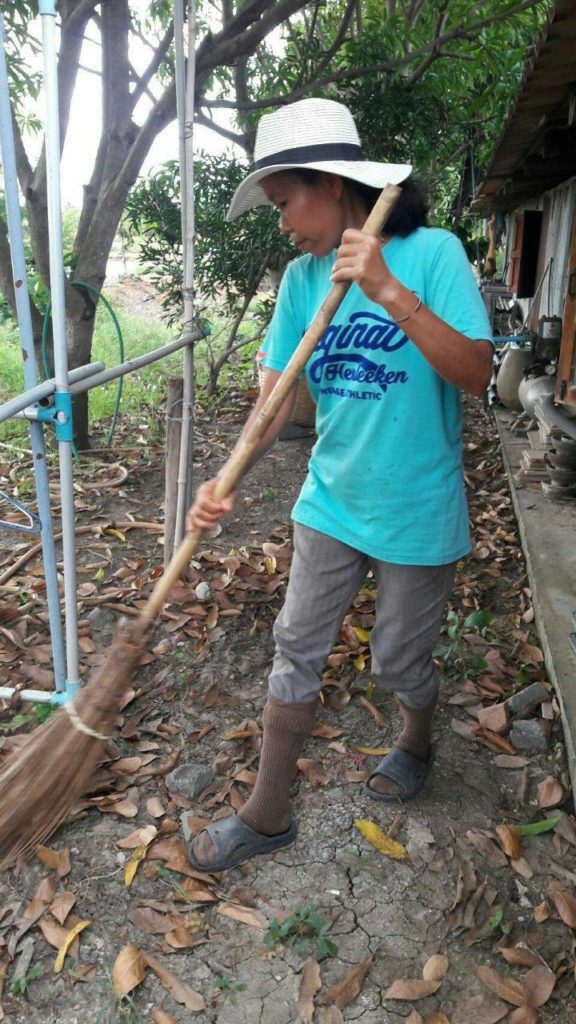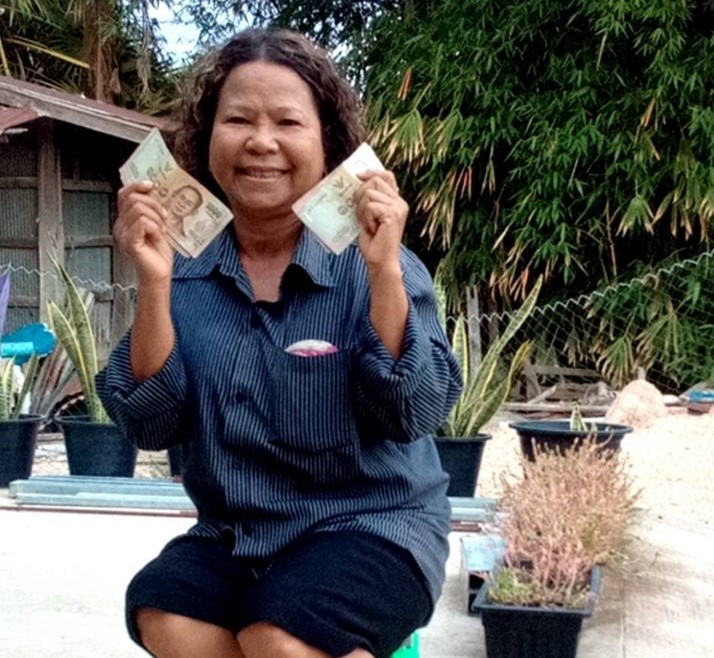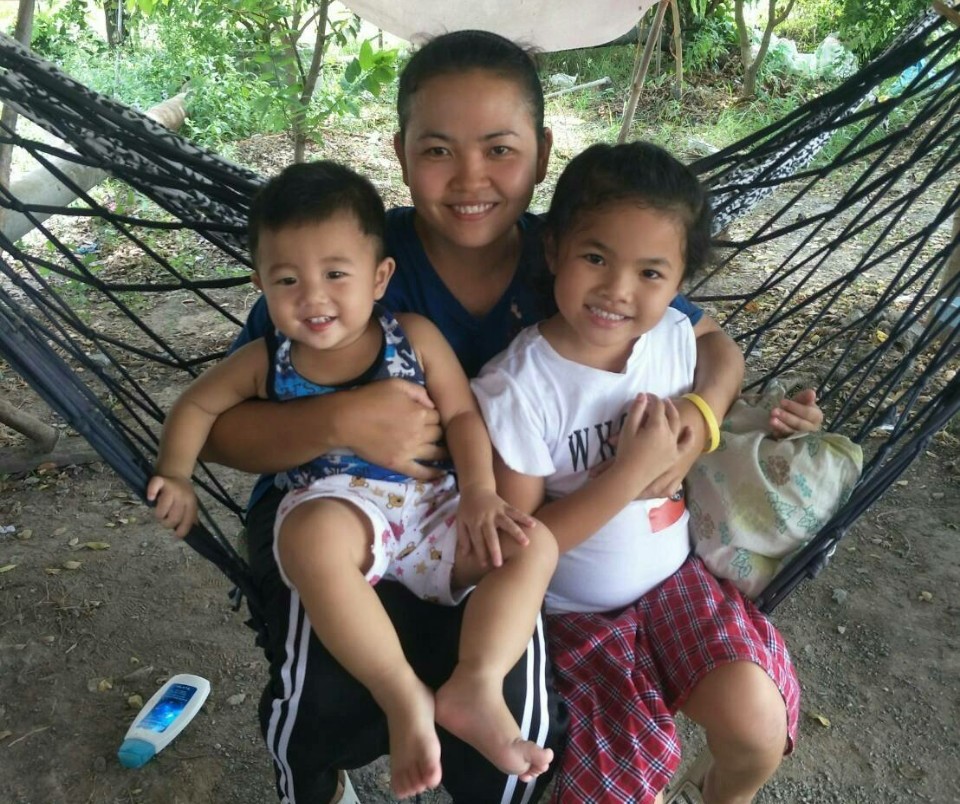Denial of legally due severance inflicts many hardships on garment workers. Due to chronically low wages across major apparel brands’ supply chains, weak social safety nets in the countries where they choose to produce clothes, and poor enforcement of local labor laws, most garment workers entered the Covid-19 pandemic with no margin of economic security. A Worker Rights Consortium (WRC) investigation of an unresolved case of severance theft at Heart and Mind Apparel Co., Ltd. (Heart and Mind) underscores this grim reality for workers.

Heart and Mind was a garment factory located in Nakhon Pathom, Thailand, that supplied children’s clothing to PVH Corp. (Tommy Hilfiger), El Corte Inglés, and Children Worldwide Fashion (CWF), the childrenswear licensee for Marc Jacobs International (MJI), before closing permanently on December 3, 2017.
At the time of its closure, Heart and Mind denied 98 of its employees their legally owed severance. The company used threats and intimidation, including locking workers inside a room to force workers to resign, thereby relinquishing their legal right to severance benefits, while paying them less than half of what they were owed under Thai law and these brands’ supplier codes of conduct.
The WRC identified and contacted 49 of the former Heart and Mind workers, who are owed US$149,366 in unpaid severance. Since Heart and Mind no longer exists as a business, the only realistic prospect of remedy is if buyers collectively pay workers’ legally mandated severance.
Three years later, after now suffering further job and income losses due to Covid-19, workers, now more than ever, need this legally mandated severance to survive.
Workers told the WRC that over the past year they have struggled to secure employment and pay for basic necessities, such as housing and food. One worker explained that the factory where she has been employed since Heart and Mind’s closure has now also suspended operations due to the pandemic. As a result, she and her two daughters have practically had to beg for donations of food from local charities in order to survive. She said, “My daughter and I are surviving on food packages that we receive from kind people and some organizations […] What can I do, I do not have enough money to buy good food and we have to save money for other necessities.”
Another former Heart and Mind worker described relying on an assortment of informal work, including searching through trash for recyclables to be able to buy food for his wife and children. Still others have lost their homes and have had to rely on extended families for shelter.

The WRC engaged with PVH Corp. (Tommy Hilfiger), El Corte Inglés, and MJI and its licensee, CWF, to remedy this violation and collectively contribute to the workers’ severance. Last spring, Marc Jacobs and its licensee, CWF, contributed funds to the former Heart and Mind workers that represented a significant portion of the severance they are owed, but stating that MJI was not aware of the situation of the former Heart and Mind workers at the time of the factory’s closure.
MJI and CWF worked with the WRC to transfer and distribute these much-needed funds to the workers in Thailand. Their assistance provided a vital lifeline to the Heart and Mind workers when they were hit by the economic crisis caused by the Covid-19 pandemic. One worker told the WRC that when she received her share of the contribution from MJI and CWF, “It was like a stone was lifted off my body. … It will help us survive.”

PVH Corp. (Tommy Hilfiger) also made a significant contribution of funds to the former Heart and Mind workers. However, a substantial portion of the funds legally owed to workers still remains outstanding.
In contrast to MJI, CWF, and PVH Corp. (Tommy Hilfiger), El Corte Inglés has declined to contribute any funds to help the workers who sewed their clothes at this factory. As a result of this brand’s refusal to assist them, the former Heart and Mind workers continue to be denied their legally mandated severance, despite their years of labor producing garments for El Corte Inglés, and at a time when these workers are struggling to simply feed their families and ensure they have a roof over their heads.
